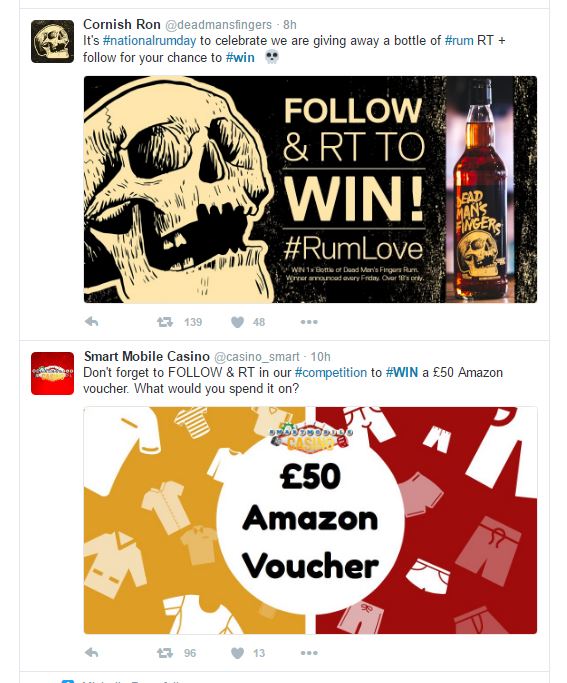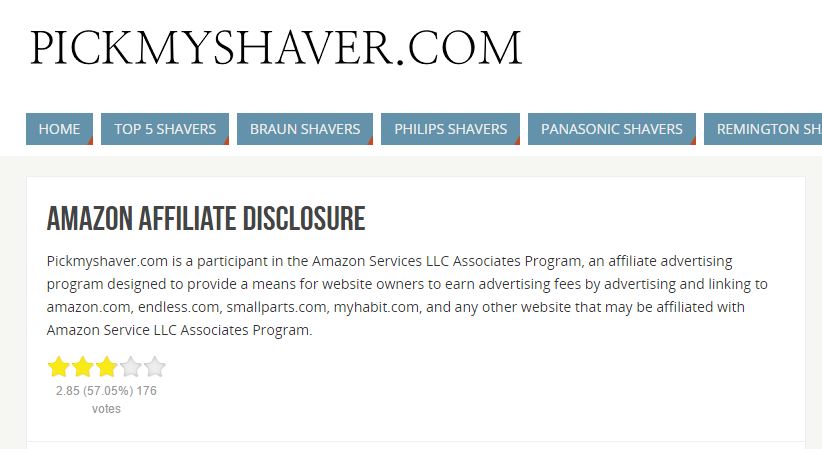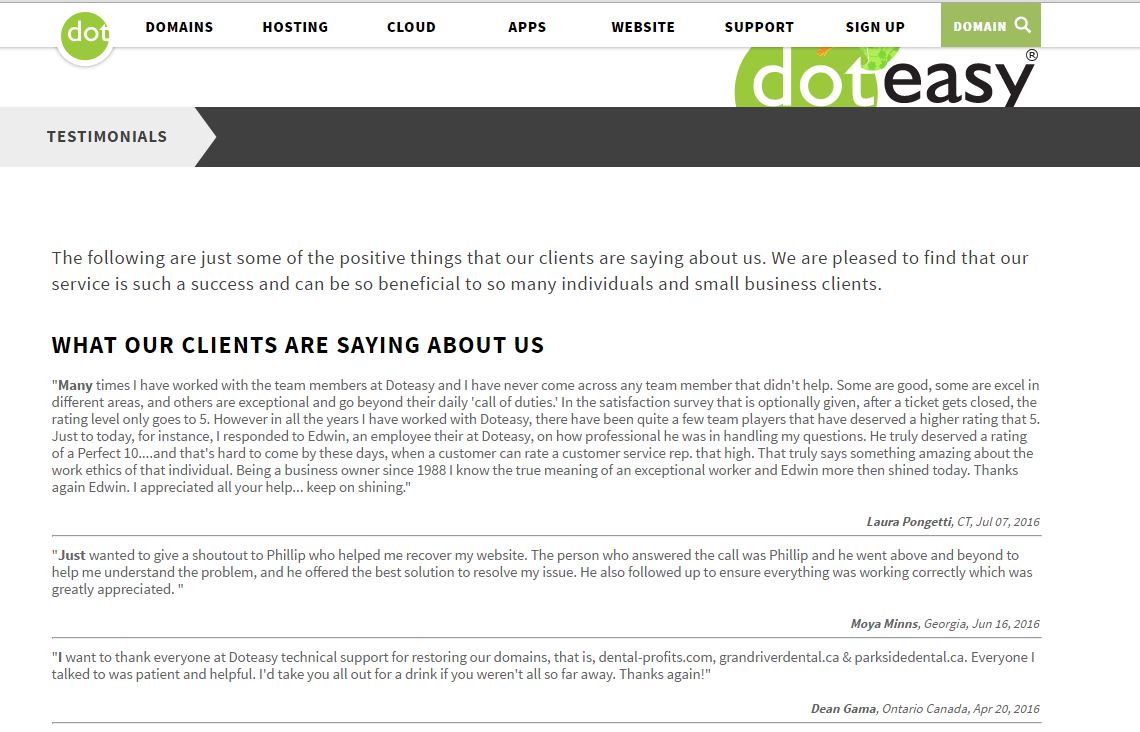Imagine this.
A friend of yours recommends a new breakfast cereal. You trust your friend’s opinion, so you buy the cereal.
Then you find out that your friend hasn’t actually tried the cereal. He only recommended it because his wife started working for the company.
Your friend should have told you that, right? That’s information you’d take into consideration when making a purchase.
By not telling you, you feel misled.
The FTC Endorsement Guides are in place to ensure that consumers don’t feel deceived in this way. They’re in place to support truth in advertising, and they aim to ensure that consumers aren’t misinformed.
The FTC want endorsements to reflect the honest opinion of the endorser. They want to ensure that any claims made support claims that the product’s marketer could legally make.
If there’s any connection between the company and the endorser, that needs to be disclosed. That includes things like testimonials from friends or relatives and recommendations from people who receive free products or services.
>> Download the Whitepaper: How to Integrate Influencers Into Your Content Marketing
It also includes making affiliate relationships crystal clear to consumers, with more than just an “affiliate link” mention.
Seems pretty simple, but a few situations could be sticky for content marketers. Let’s look at a few.
Tricky testimonials
Testimonials need to be current and provide average results. If you have an online business course that helps consumers increase their profits, you can have a testimonial from someone who says, “I doubled my profits in six months.”
However, you need to state what the average consumer can expect. It’s not enough to have a disclaimer like “Results may vary.” You must either:
- Include a statement that provides the average results people can expect, such as “Most consumers experience 10-20 percent increase in profits in six months”
- Be able to prove that the testimonial results are typical for consumers
You also must disclose any relationship with or benefit to people who give testimonials.
Savvy social media
Social media falls under FTC rules, too. So, if you run a contest that requires people to tweet something — even a hashtag — it needs to be clear that it’s an incentive.
If Apple ran a competition to win an iPad and asked people to tweet “#iPads_Rule” or “#AppleRocks” to enter the competition, that would be against the guidelines. If the tweet was, “#Ipad_competition” or “#AppleSweepstakes” that would be OK, because it’s clear that it’s part of a competition.
Here are two examples of competitions on Twitter that adhere to the guidelines. The organizers are asking people to retweet the message, so it’s clear that the tweet is an incentive.
Intelligent affiliates
Marketers must disclose to consumers any relationship or perceived benefit. If you have an affiliate relationship with another business, it’s not enough to say “affiliate link,” because consumers may not understand that payment is involved.
Here’s an example. PickMyShaver is an Amazon affiliate site. Here’s how they disclose their affiliate relationship on the site:
This is a good example of a clear disclosure. However, the site needs to do more than this.
While the disclosure is clear on this page, it’s not clear to most of the readers of the site. There is nothing on the homepage or the product review pages. A consumer could easily read a review and click through to the Amazon product without understanding that the person who placed the link will receive a payment.
The key thing to keep in mind is that a practice is deceptive if it misleads “a significant minority” of consumers.
Risk-free reviews
Do you have customer reviews on your website? If so, you’ll need to make it clear if any reviewers received free products or services.
Let’s say you sell air conditioners, and customers can get free installation by providing a product review. This needs to be disclosed. If you have a mix of reviews — some from people who’ve received a benefit, and some from people who haven’t — it needs to be clear which reviewers received a benefit from your organization.
If you interview customers about their experience with your company, you must be careful not to imply they’ll receive a benefit from participating. If you do, you’ll have to disclose the benefit.
Even a seemingly small benefit like, “You may be featured on our website” needs to be disclosed.
You also have to be wary of the age of your reviews and testimonials because they may become invalid after a certain amount of time. It must be reasonable to believe that the consumer still uses the product.
Doteasy date-stamps their reviews, so potential buyers can see that the comments are current.
Influencers with integrity
Influencer marketing campaigns are becoming increasingly popular, but there are a couple of things you need to know if you use them. First, if you’re paying an influencer to write positively about your products or services, you need to make that clear. Their post about your product or service needs to be clearly marked “sponsored content.”
Second, you need to have a reasonable program in place to train and monitor your network. Every influencer program should contain the following elements:
- Explanations of what the network can and can’t say about the products or services, such as a list of claims they can make
- Instructions on disclosing their connection with you
- Reoccurring searches for what people are saying
- Follow up on any practices that raise concerns
You don’t need to monitor every statement they make, but you do need to take reasonable steps to ensure the program operates with integrity. If someone were to ask questions, you need to demonstrate that you’ve taken reasonable steps to adhere to the guidelines and avoid deception.
Need proof that the FTC is serious about this one? Warner Bros. recently settled an FTC complaint that accused the company of paying influencers to positively review one of their video games and not properly disclosing it.
There’s ample help available
The FTC Guides are simple in terms of their intention. However, there are a lot of intricacies and nuances that can trip you up if you’re not careful. What People Are Asking is a valuable source of information that is easy to read and answers many common questions.
You can find free information on the Business Center, and the Guides Concerning the Use of Endorsements and Testimonials in Advertising include over 35 examples.
No one likes to feel deceived, and we all want to uphold the truth-in-advertising principles. If you’re unsure of a situation try putting yourself in the buyer’s shoes and ask yourself if you’d feel misled.
If you’re still not sure, you can send questions to endorsements@ftc.gov or call toll-free, 1-877-FTC-HELP (1-877-382-4357); TTY: 1-866-653-4261.






